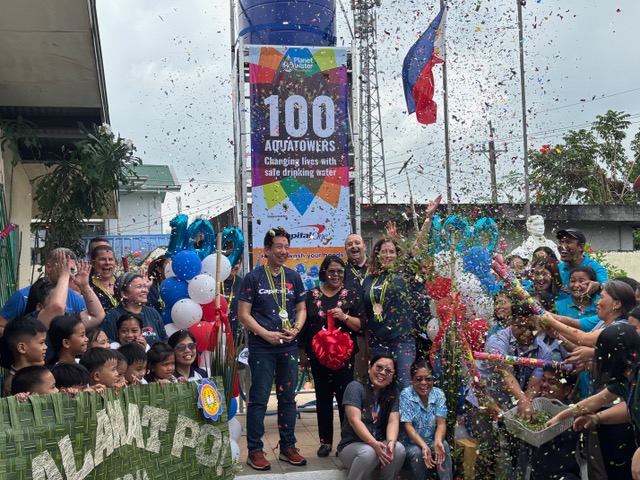
Yesterday, I had the privilege of standing beside our team here in Manila, our local partners, and community members as we installed the 100th Wassmer Water Tower – a clean water filtration system bringing safe and reliable drinking water to Kalubkob Elementary School in Silang, Cavite.
Read More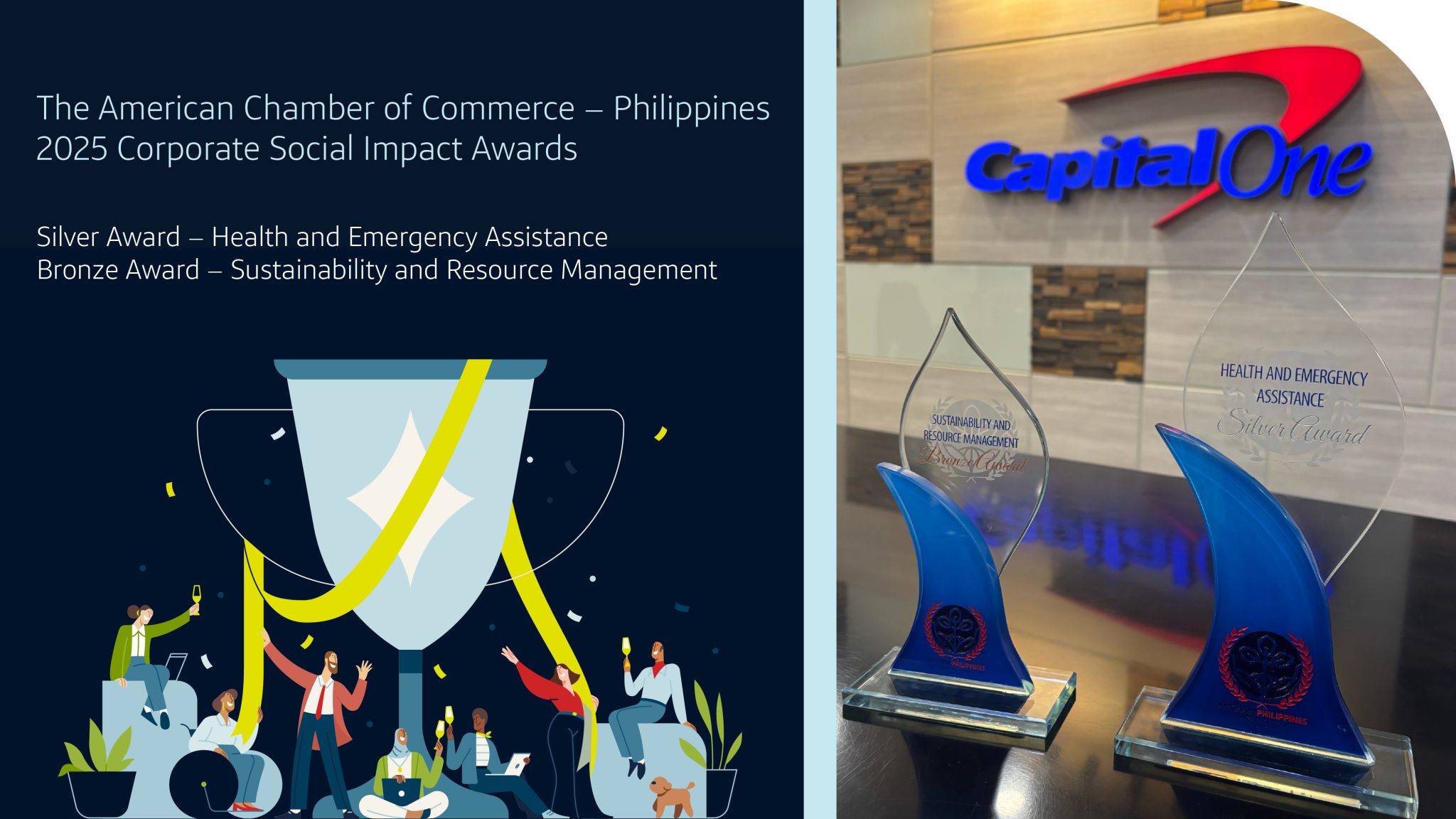
I'm honored to share that Capital One Philippines brought home two recognitions at the inaugural 2025 American Chamber of Commerce Corporate Social Impact (CSI) Awards! This is another proud moment that puts a spotlight on our Community Impact and Investment programs
Read More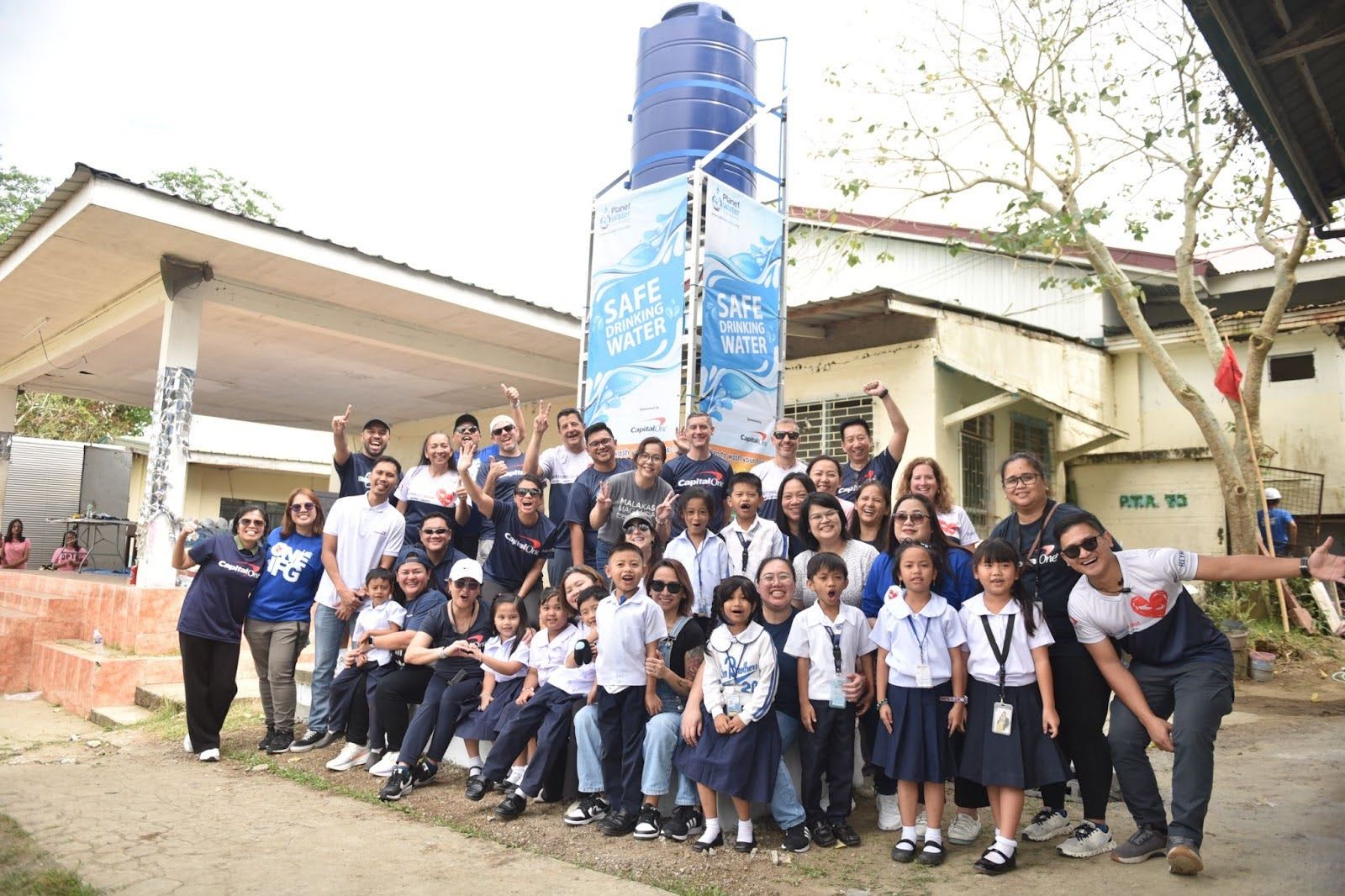
Before joining Capital One Philippines, I’ve often come across its amazing community work: building water towers for communities that have no access to clean drinking water; providing meals for families; and educating our youth to gain work skills and experience.
Read More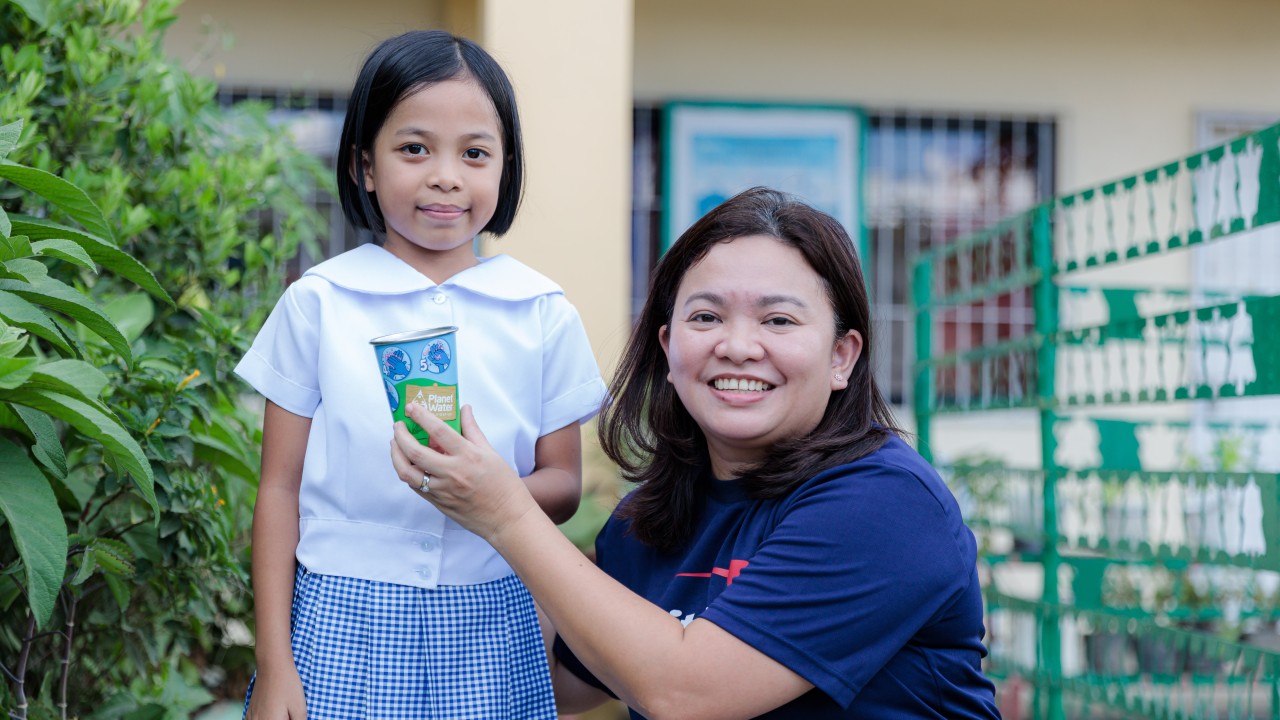
One of the most rewarding parts of my role at Capital One Philippines is leading our community investments and this includes our partnership with Planet Water Foundation, a non-profit organization devoted to providing access to safe drinking water to impoverished communities. Being on the ground, shoulder to shoulder with the broader team, has given me a deep sense of fulfillment when making a tangible difference in the lives of Filipinos - which goes beyond meeting corporate social responsibility goals.
Read More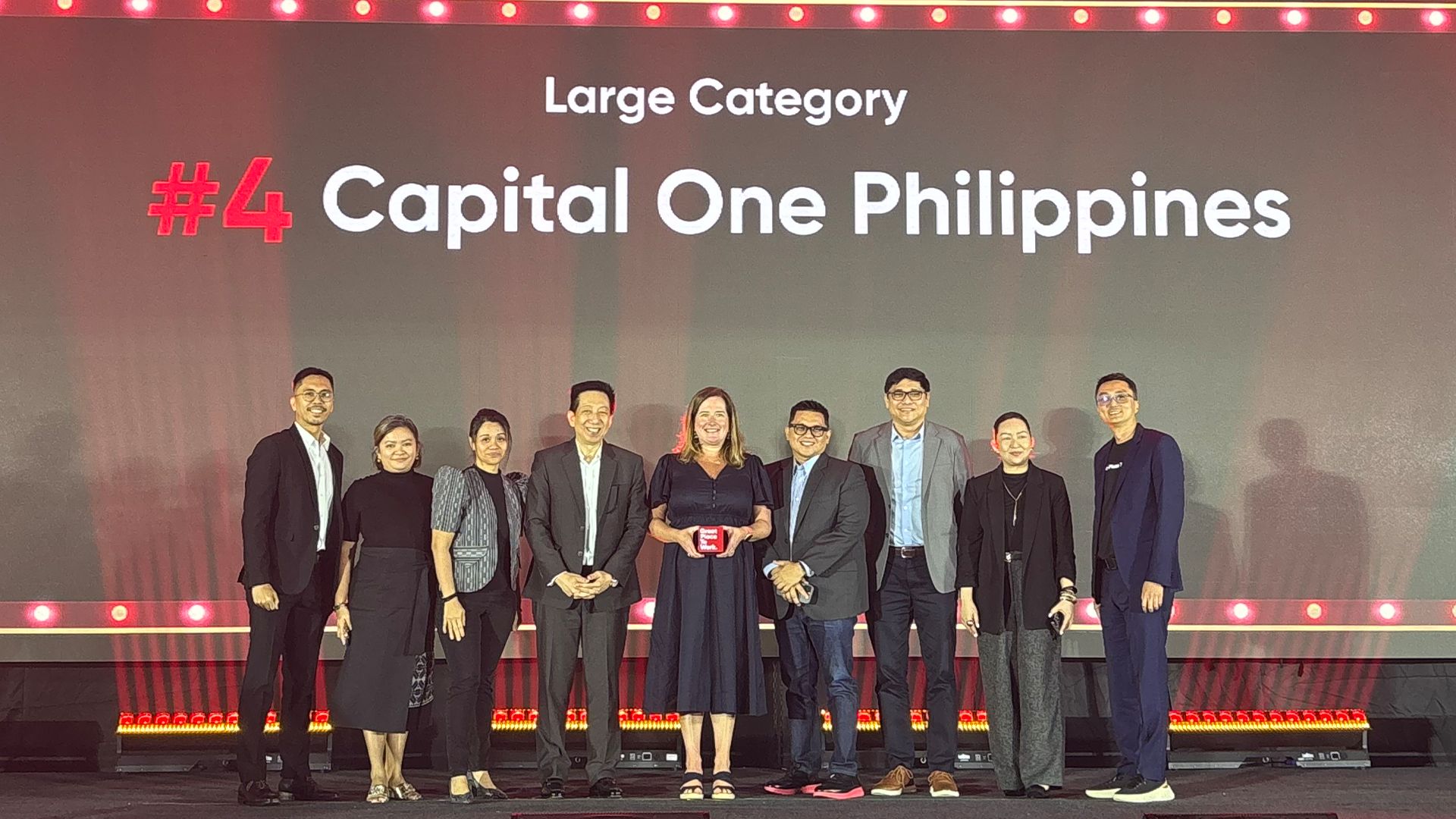
Capital One Philippines ranked as 4th Best Workplaces in the Philippines
Just two weeks ago, Capital One Philippines was recognized as the 4th Best Workplaces in the Philippines. Together with our recertification as a Great Place to Work, this is a validation of our efforts in cultivating a culture where our associates flourish and thrive, providing them with a safe, inclusive and productive work environment where they are heard, valued and nurtured.
Read More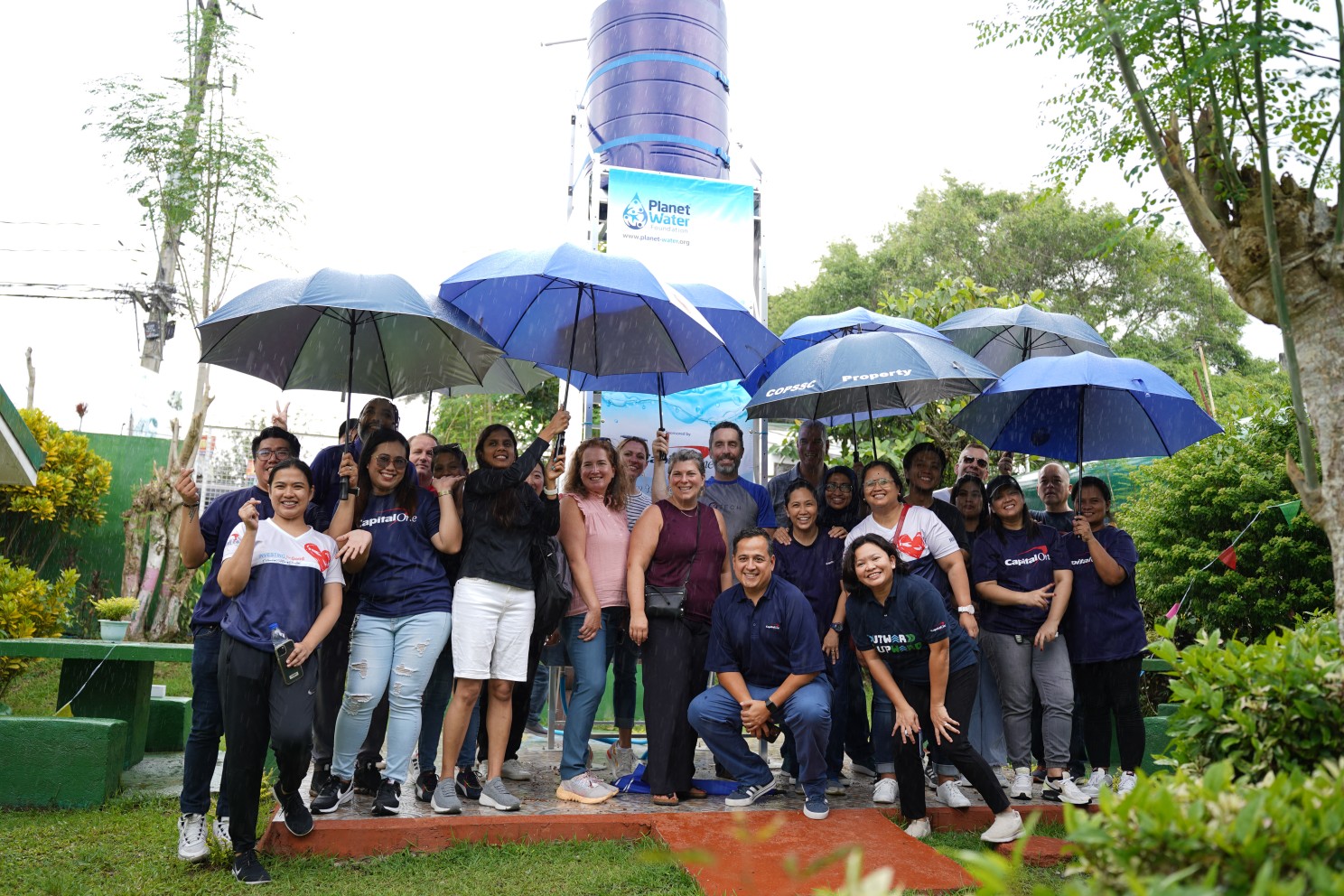
The importance of access to clean water is something that cannot be understated. Sadly, despite all the advancements we are experiencing, many communities in this world are unable to drink a glass of clean water. This was the cornerstone of a partnership that was forged years ago with Planet Water Foundation.
Read More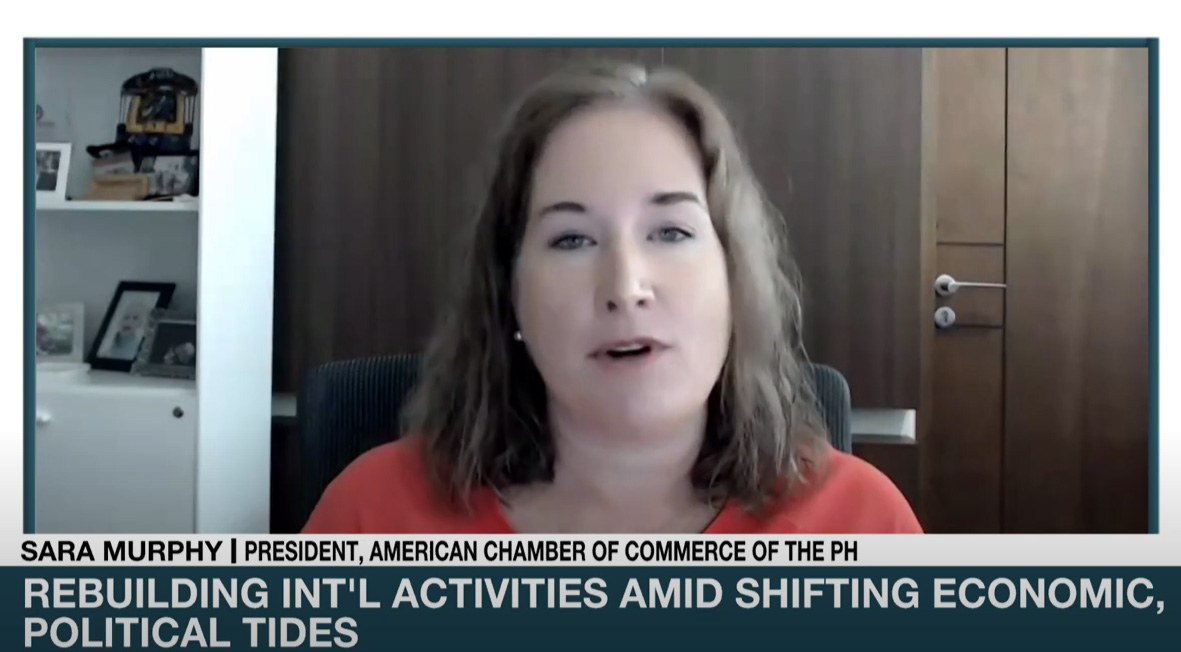
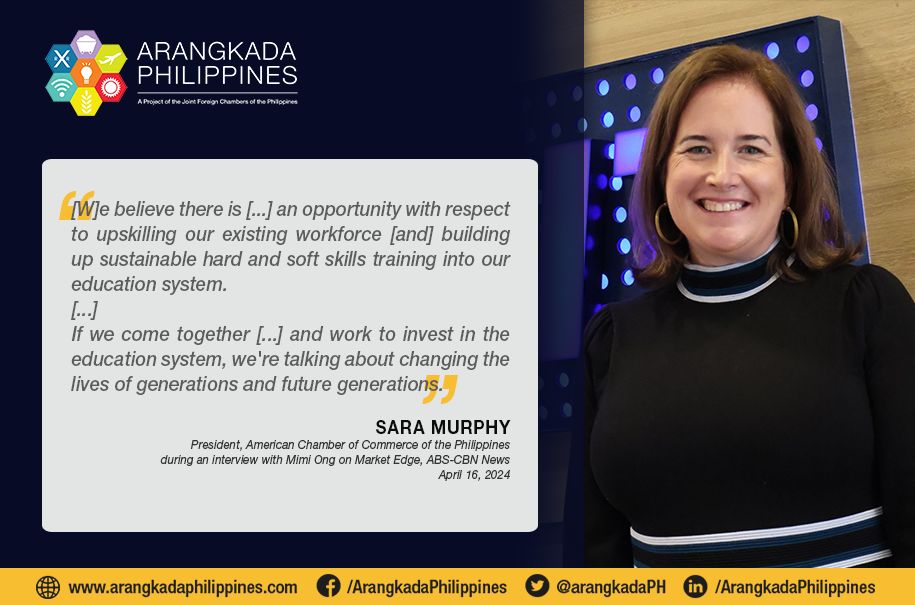
"We believe there is an opportunity with respect to upskilling our existing workforce and building up sustainable hard and soft skills training into our education system.
Read More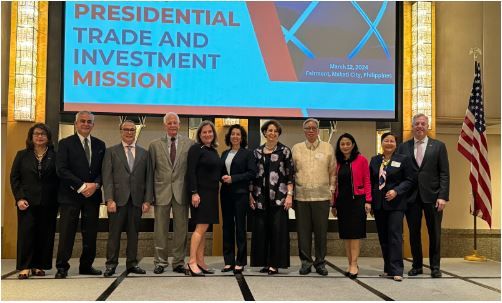
"This week I had the honor and privilege of being a part of the first ever US Presidential Trade and Investment Mission to the Philippines led by US Secretary of Commerce, Gina Raimondo. This was such an important and historic milestone for the US and the Philippines as both countries continue to strengthen and nurture our longstanding partnership.
Read More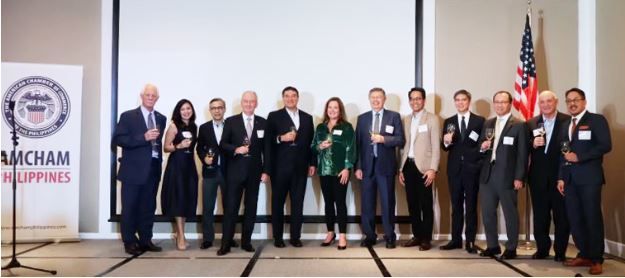
I'm thrilled to share that I've been given the opportunity to serve as President of the Board for the American Chamber of Commerce in the Philippines (AMCHAM).
Read More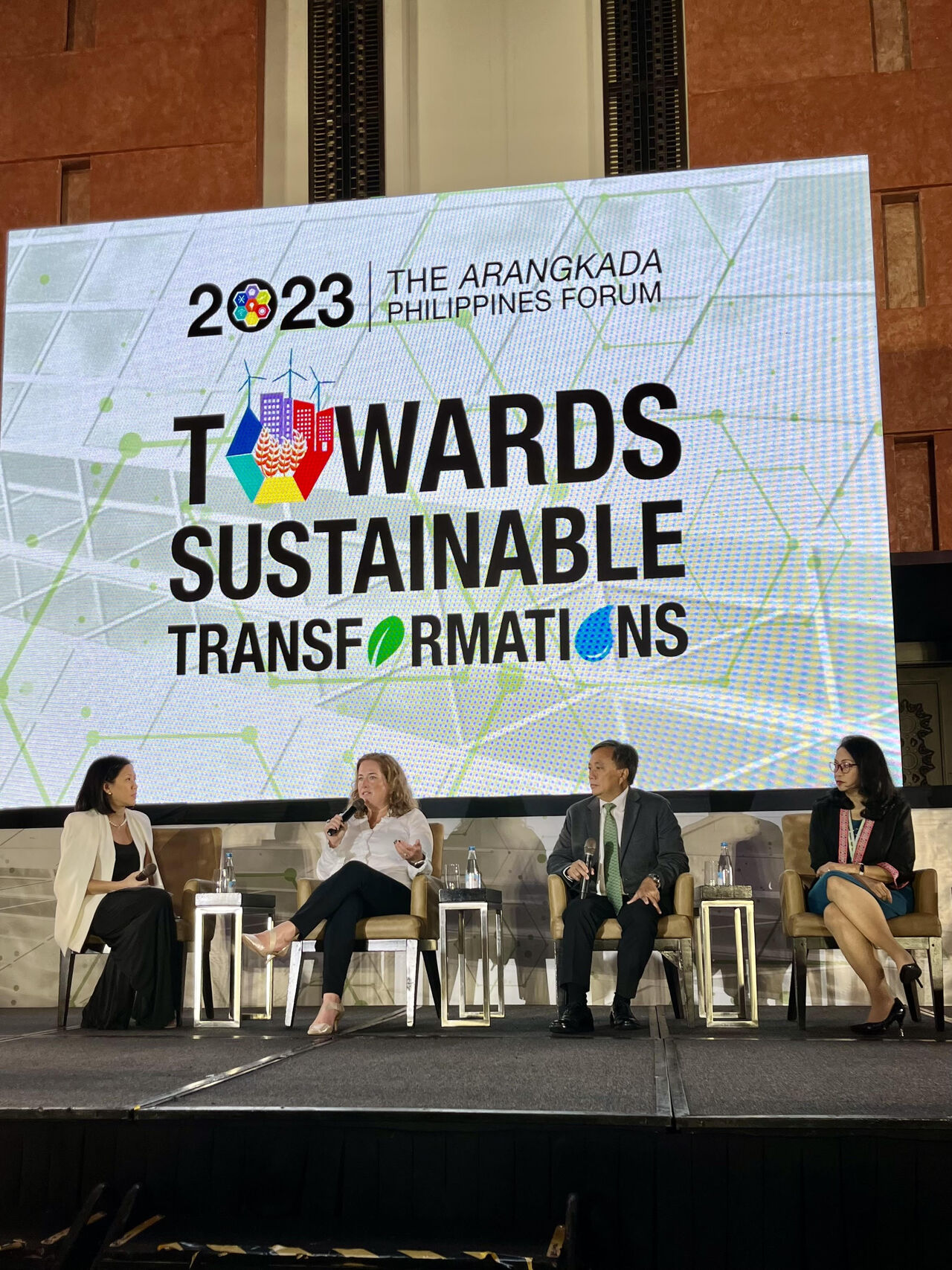
I had the amazing opportunity this week to be a panelist at The ARANGKADA Philippines Forum organized by The Joint Foreign Chambers of the Philippines centered around “Sustainable Transformations.” It was such a powerful series of discussions emphasizing the urgent need for collaboration between the public and private sectors to drive sustainable growth and make a positive impact on our environment.
Read More